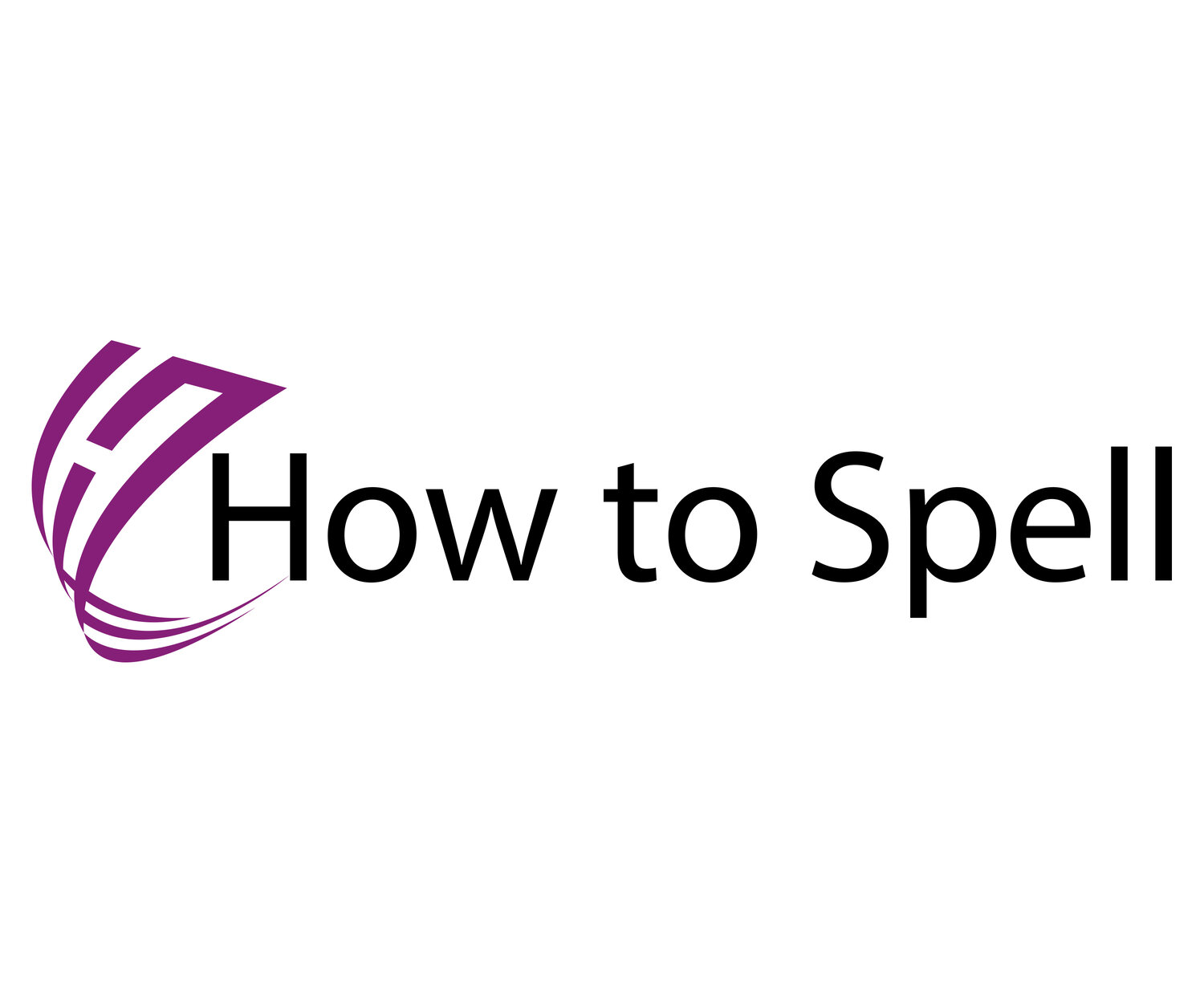Spelling Rules Quiz
Do you know these spelling rules?
1. Why do we have double or single letters before –le?
giggle but Google, apple but maple, table but babble, puddle but poodle?
3. Why do we write -ck, -k or -ke at the end of words when they sound the same? For example, luck, cheek, make.
4. Why do we keep the ‘e’ in manageable and noticeable, but drop the ‘e’ with other –able words like believable and excitable.
5. What’s the difference between
hoping and hopping
taped and tapped
diner and dinner
A big clue is in the sound of the words, whether they make a short or long vowel sound, or keeping the sound soft or hard.
Read the words again. Watch the video and find out the answers or read below
Answers
1. Why do we have double/single letters before –le?
giggle but Google
apple but maple
babble but table,
puddle but poodle
The first column of words have double consonants (giggle, apple, babble, puddle) which indicate a short vowel sound. The second column of words have single consonants (Google, maple, table, poodle) which indicate a long vowel sound. For more on the -le rule check this lesson - click here
2. Why do we write –ck, –k or –ke at the end of words when sound the same? For example, luck, cook, make.
Again this is about short and long vowel sounds.
‘luck’ is a short vowel sound so has a -ck ending.
‘cook’ has two vowels so ends in -k
‘make’ the magic 'e' at the end of the word makes it a long vowel sound so ends in -ke
For more about the -ck and -ke endings click here
3. Why do we keep the ‘e’ in manageable and noticeable but drop the ‘e’ with other -able words like believable and excitable
We keep the 'e' with 'g' and 'c' to keep the soft g ("j") and c ("s") sounds.
For more about the drop the 'e' rule click here
4. What’s the difference between hoping and hopping, taped but tapped, diner but dinner? And why do we double up the ‘p’ and 'n'?
hoping = hope + ing (drop the ‘e’ with –ing and still keep the long vowel sound)
hopping = hop + p + ing ( 1:1:1 doubling up rule to keep the short vowel sound)
taped = tap(e) + ed (drop the 'e' in tape + long vowel sound)
tapped = tap + p + ed ( 1:1:1 doubling up rule to keep the short vowel sound)
diner = din(e) + er (drop the 'e' in dine)
dinner = double 'n' to keep the short vowel sound
For more about the drop the 'e' rule click here
For more about the 1:1:1 rule click here

